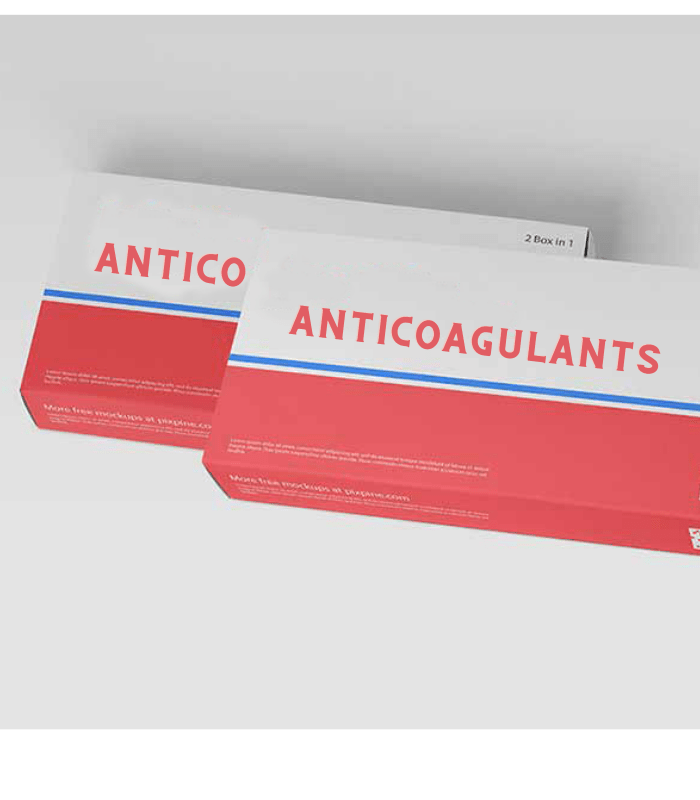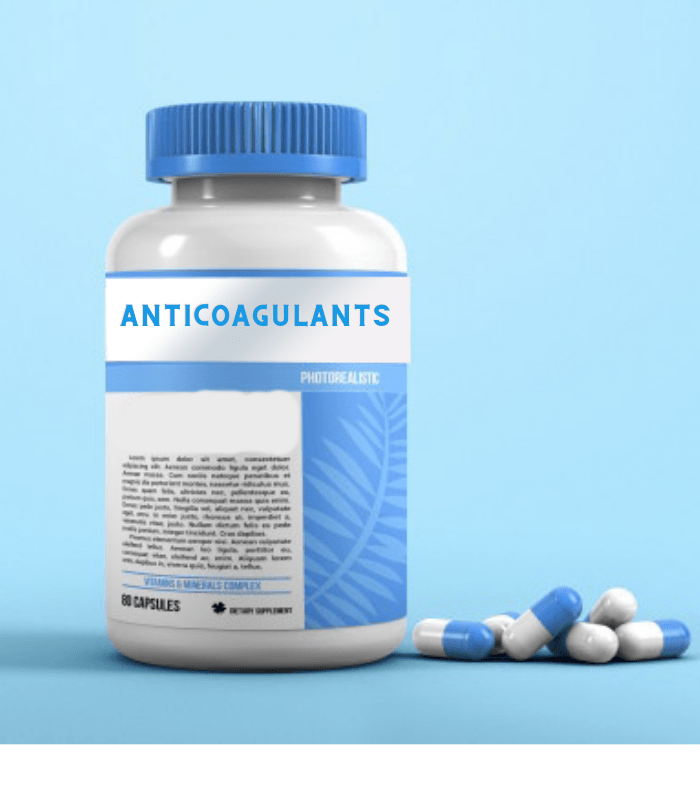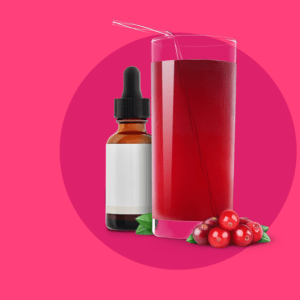Description
What are Anticoagulants? Uses, Doses, and Side Effect
Anticoagulants are medications that prevent the blood from clotting as quickly or effectively, but make no difference to its thickness.
In order to avoid a life-threatening condition known as deep vein thrombosis – an inflammation of one’s veins due to clogging with too much-coagulated blood and decreased motion in your legs which can lead you have difficulty breathing because it cuts off circulation – many people take anticoagulant medication on a regular basis. These medicines work by preventing the formation of new clots; however, what they do not do is thin out any existing thickened fluids already present within your body so there will be little change in how things feel overnight before bedtime when taking these drugs unless you’re experiencing.
Anticoagulants are used to treat and prevent blood clots that may occur in your vessels. Blood clots can block an artery or a vein, which prevents the blood from getting through it normally. This is where anticoagulation comes into play: they work by preventing any clotting agents from forming so as not to obstruct those vital pathways of circulation. The tissue supplied by blocked arteries will be damaged or die because of lack of oxygenation; this could lead to serious problems such as stroke, heart attack, etc., depending on what area has been impaired due to inadequate flow caused by these life-threatening diseases known collectively as “thromboembolic events”.
Anticoagulants are used to treat and prevent clots in your blood vessels. Clot-forming medication can block the flow of blood, oxygen, or other vital substances throughout our body resulting in serious consequences like a stroke or heart attack. Anticoagulant medications such as heparin work by preventing clot formation from happening at all – making it that much more important for those who take anticoagulation drugs to carefully monitor their diet plan with care during treatment periods.
How Do Anticoagulants Work?
Anticoagulants like Warfarin, Acenocoumarol, and Phenindione interfere with the chemical processes needed to make clots or clotting factors. These anticoagulant drugs block Vitamin K which is required for some of those vital mechanisms in our bodies such as blood coagulation. The time it takes these medicines to work depends on how high your dosage level is; two or three days should be enough before you notice a difference though.
People who are at risk of developing clots in their blood all have one thing in common: They rely on the chemical thrombin to keep them from clotting. The four new drugs Dabigatran, apixaban, edoxaban, and rivaroxaban prevent a process called fibrogenesis where excess proteins known as peptides bind together within your plasma to create more possibilities for clots than you would need if it were just normal protein molecules floating around with no binding sites available. So these powerful medicines literally stop this process by stopping or blocking the enzyme that triggers the production of too much fibrin.
Side Effect Anticoagulants:
Anticoagulants are a type of medication that, while necessary for some patients with high blood pressure or atrial fibrillation, can come with side effects. These medicines have to be taken every day and the risk is constantly there that they will cause excessive bleeding in your body. If you find yourself experiencing any unusual symptoms such as unexplained bruising or nosebleeds more than usual, it’s worth looking into whether these might be caused by an anticoagulant medicine.
Anticoagulants are medications designed to slow down clotting which prevents clots from forming too quickly after suffering a severe injury like deep cuts and broken bones. Since they’re important life-saving drugs but also risky if used improperly, people who take them.
There’s nothing worse than taking a medication that makes you sick, which is why we always tell our patients to let their doctor know about any other medications they’re on. Making sure your doctors know what else you take can prevent these headaches before they happen!
We recommend checking with your physician if there are prescription and over-the-counter medicines in the medicine cabinet because some combinations of drugs can have dangerous effects. Letting them know may save someone from making this mistake again while also preventing any side effects.
Dosage Forms & Strengths
lock solution
- 1unit/mL
- 2units/mL
- 10units/mL
- 100units/mL
injectable solution
- 1000units/mL
- 2500units/mL
- 5000units/mL
- 10,000units/mL
- 20,000units/mL
premixed IV solution
- 12,500units/250mL
- 20,000units/500mL
- 25,000units/250mL
- 25,000units/500mL








Reviews
There are no reviews yet.